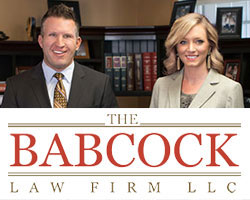In recent months, Google has sent out refunds to some of its advertisers and other agencies due to fraud. Some Google customers have been victims of what’s being called “click fraud.” The search engine has also been hard at work to influence others within their ad networks to return any funds when ad traffic fraud is detected—and they want this done publicly.
These actions have been recognized as being a strong and ethical move to not only protect those who are their customers, but also serve as an example of their integrity across the business.
This development could spell trouble for attorneys using disposable ads to grow their law firm. Lawyers who pay marketing companies to handle their ads for them generally they have little or no control over how their ad revenue is being spent or even the audience who clicks on them.
So, when Google issues a refund, who receives it?
Google typically refunds the money to the holder of the account; therefore, if you’re using a marketing firm, they would receive the refund. It’s then up to them as to whether they make their clients whole again. Likely, law firms using a marketing firm will receive only a fraction of the repayment from Google.
Even so, the refund could be tricky.
Chances are, if you’re using a marketing firm, they charge you a commission beyond what they spent on fraudulent clicks. If you’ve hired an ethical marketing firm, they’ll likely return this commission money as well. However, there’s also the risk that a dishonest marketing company doesn’t disclose that they received a refund at all.
You can protect yourself by inquiring whether your marketing partner has received a refund for fraudulent clicks. If the firm states you’re unaffected, make sure they go on record saying this. If your marketing firm says they did receive a refund, ask them to disclose the amount you’ll be attributed as well as any supporting records.
Don’t forget to inquire about any commission you may be owed as well.






